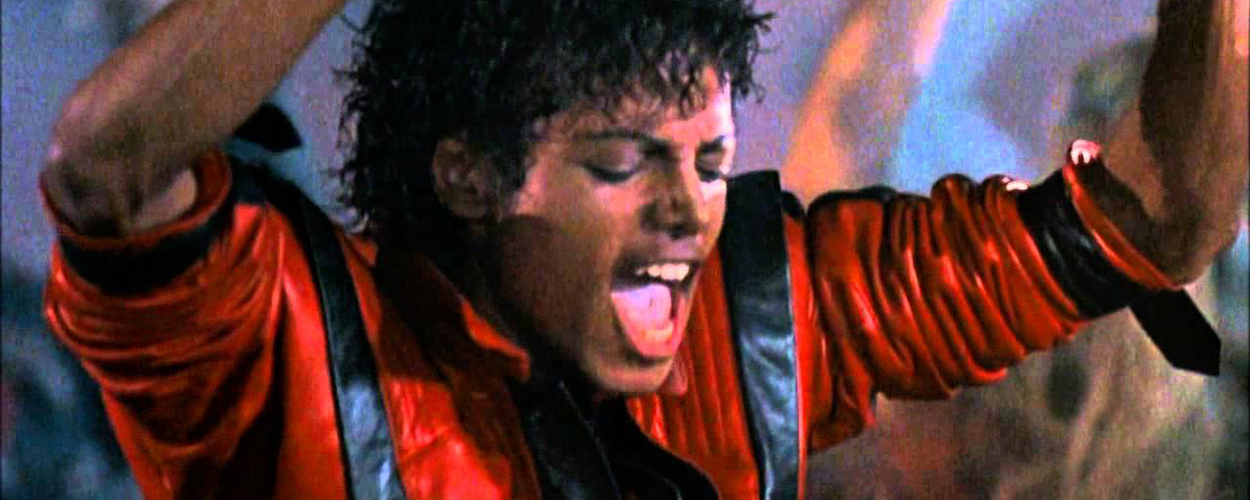This website uses cookies so that we can provide you with the best user experience possible. Cookie information is stored in your browser and performs functions such as recognising you when you return to our website and helping our team to understand which sections of the website you find most interesting and useful.
Business News Labels & Publishers Legal
Sony and Michael Jackson estate excused from fake vocals case
By Chris Cooke | Published on Thursday 30 August 2018

As you may remember, Sony Music didn’t admit in court last week to releasing Michael Jackson tracks with fake vocals, despite plenty of chatter saying that it did. And the major isn’t now likely to make any subsequent admissions in this domain in court anytime soon, because it has been excused from the legal battle over the possibly fake tracks.
This all relates to three songs on the posthumous Jackson album ‘Michael’, put out by the Michael Jackson estate and Sony’s Epic label in 2010. Even before the record was released there were claims that the tracks ‘Breaking News’, ‘Monster’ and ‘Keep Your Head Up’ featured vocals by a singer other than Jackson.
‘Michael’ included various tracks that Jackson had been working on in the years before his death subsequently completed by his collaborators. Those three tracks came from recording sessions with producer Eddie Cascio. People involved with those sessions insisted that Jackson had done the singing, while the estate put out a statement listing all the ways it had sought to check the authenticity of the vocals before release.
This is still a talking point eight years later because in 2014 one Jackson fan, Vera Serova, went legal, suing the estate, Sony and other people linked to the three tracks, including Cascio. The lawsuit claimed that by releasing the tracks with allegedly fake vocals as Michael Jackson tracks the various defendants were in breach of consumer rights laws in California.
That case has been rumbling through the system ever since. Both Sony and the estate have been busy trying to get themselves removed as defendants by employing all kinds of legal technicalities, mainly relating to free speech rights under the First Amendment and California’s anti-SLAPP laws.
It was during its second go at all that, before some appeal judges last week, that a speculative “if the vocals were faked” type remark from a lawyer working for the estate was construed by some to be an admission that the vocals were fake. It was not.
Meanwhile, following all that confusion, the appeals judges hearing all those First Amendment and anti-SLAPP arguments subsequently sided with Sony and the estate. Which means both have been removed as defendants of this lawsuit. Their arguments centred on whether liner notes for the record constituted ‘commercial speech’. They did not, the appeals court ruled, and therefore free speech rules excused the defendants from the case.
Expanding on the judgement, judge Elwood Lui stated: “Because appellants lacked actual knowledge of the identity of the lead singer on the disputed tracks, they could only draw a conclusion about that issue from their own research and the available evidence. Under these circumstances, appellant’s representations about the identity of the singer amounted to a statement of opinion rather than fact”. So there you go.
The estate’s legal rep, Howard Weitzman, said the ruling constituted “a total victory … in the Vera Serova class action matter”. Although, of course, with legal technicalities to the fore, there has been no ruling on whether or not those vocals were indeed fake. However, Serova’s case against Cascio and others involved in the recordings continues, so maybe that’ll get some proper discussion another day.





